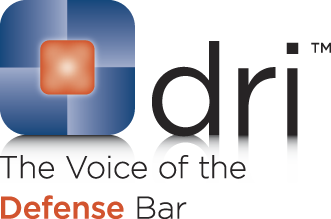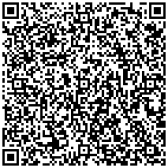 Don’t be surprised if a Nevada Plaintiff’s attorney tries to cast a spell on you. The attorney may repeat over and over again, “My client is a passenger. He is not liable for the accident.”
Don’t be surprised if a Nevada Plaintiff’s attorney tries to cast a spell on you. The attorney may repeat over and over again, “My client is a passenger. He is not liable for the accident.”
By reciting this incantation, the attorney is hoping to enchant you into believing that the magic of the Buck v. Greyhound Lines, Inc., 105 Nev. 756, 783 P.2d 437 (1989) protects all auto passengers, especially hers, from any accusations of comparative fault.
For those of you who are familiar with Nevada law on this topic, you are aware that Buck is powerful magic. If Buck applies, a negligence free passenger can avoid the effects of Nevada’s “several liability” law (NRS 41.141). By casting that spell, an injured passenger Plaintiff may claim a judgment jointly and severally against any one of the negligent defendants. This can cause some very unjust results. For example, a negligence free passenger can choose to recover 100% of his or her damages from any one of the negligent tortfeasors that contributed to the injury, even if that tortfeasor was only responsible for 1% of the accident. Do you see why Plaintiff’s attorneys invoke such a potent charm?
However, don’t instantaneously fall under that spell, because passengers are not free from negligence as a matter of law. The case of Otterbeck v. Lamb, 85 Nev. 456, 456 P.2d 855 (1969) explains under what circumstances a passenger can share liability for his or her own injuries.
The Otterbeck case clearly states the general rule that a passenger normally has no duty to be on the lookout or warn the driver of dangers of the road. The Court’s reasoning behind that rule makes sense. The court explains, “the passenger should refrain from advice, instruction or attempted control over the driver, for fear of creating more danger by a distraction rather than lessening it by unwarranted, unwise advice.” 85 Nev. at 462.
However, there are special circumstance where the duty to lookout and warn arises.
First is the situation where the passenger has voluntarily undertaken the duty to lookout. If the passenger takes on that duty, then “he is under a duty to do an ordinarily careful job of it.” Id. If the passenger reports that he looking out but negligently fails to see or warn, the passenger may share liability and the Buck effect may be avoided.
Second, the passenger has a duty to care for his or her own interests where the condition of the driver is compromised. The case says a passenger can be liable for his or her own injuries “where the driver is sleepy or intoxicated, which is known to the passenger.” Id.
Finally, the passenger may have the duty to lookout and warn where “the road or weather conditions are particularly hazardous.” Id.
There may be other circumstances under which the duty of the passenger arises, so stay alert. When the Plaintiff’s attorney starts into the Buck chant, look at the passenger plaintiff a second time to see if any of these exceptions apply and if the Buck effect can be avoided.
If you have questions about whether a passenger might have contributed to his or her own injuries or if you want to know about Nevada’s joint and several liability law, NRS 41.141 and Buck, please feel free to call Mike Mills at his office at 702-240-6060×114. He will be glad to discuss your questions with you.
 Follow
Follow Email
Email


